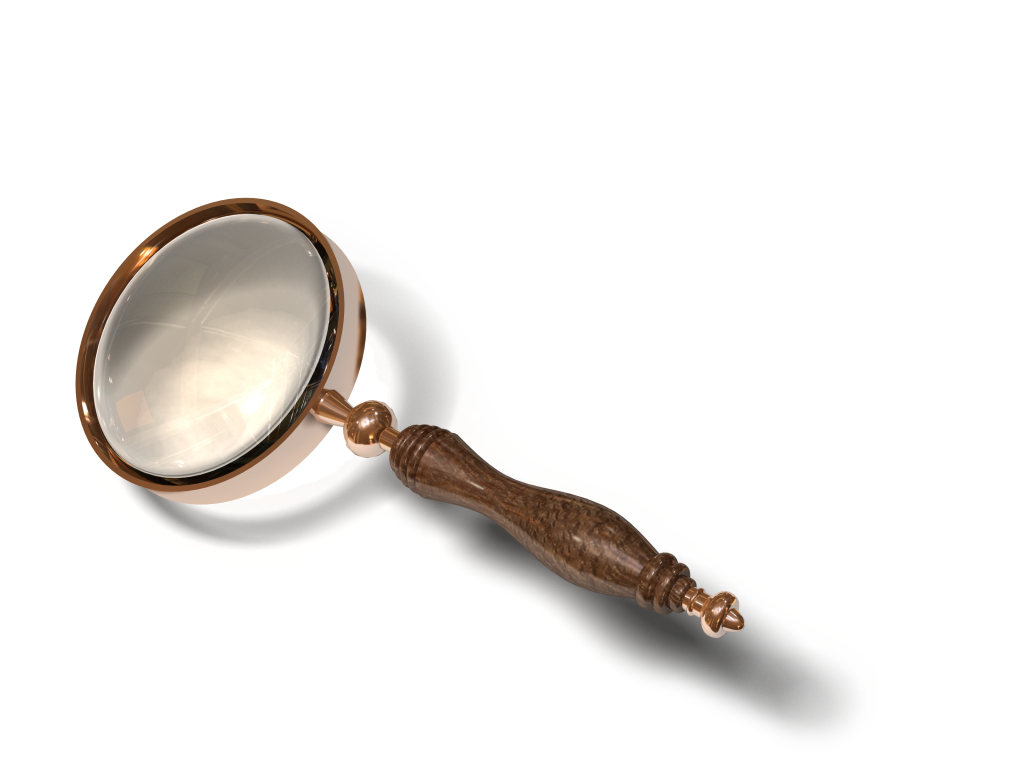Are you always losing your keys, forgetting names, or having other memory lapses? The odds are that it is simple forgetfulness – which can be treated.
 Keep busy- memory problems – especially those associated with aging – stem simply from a lack of mental activity. Join a book club, play chess or Scrabble, try a crossword puzzle. All the phone games today are great mind excersises in those spare moments rather than drifting into lala land for few moments. Physical exercise is also a memory-enhancer. Aerobic exercise boosts circulation throughout the body – and that includes the brain.
Keep busy- memory problems – especially those associated with aging – stem simply from a lack of mental activity. Join a book club, play chess or Scrabble, try a crossword puzzle. All the phone games today are great mind excersises in those spare moments rather than drifting into lala land for few moments. Physical exercise is also a memory-enhancer. Aerobic exercise boosts circulation throughout the body – and that includes the brain.
Gain adequate blood flow also to the brain by eating a low-fat diet. The arteries that feed the brain are tiny and any narrowing that occurs as a result of eating a fatty or cholesterol-rich diet drastically reduces oxygen flow and this can lead to tiny strokes which are believed to be the cause of much age-related memory loss. Strokes – which produce no obvious symptoms, are typically caused by chronic high blood pressure and/or high cholesterol.
Magnify the Brain
What you eat and do has a direct effect on your brain. Some foods improve concentration and memory and others aid your ability to solve problems or generate hormones that stabilize mood and enhance concentration. The following supplements are recommended beneficial for many people. They can be taken in combination or individually.
Choline: Choline is a fat like substance related to the B vitamins. It is converted in the brain into acetylcholine (Ach), a neurotransmitter linked to memory and cognitive function.
Antioxidants: Vitamins C and E and the mineral selenium all may help prevent memory loss. A suggested absorbable supplement from Forever Living is Nature-Min.
Choline / Phosphatidylserine: This substance was found to help prevent further deterioration in people with memory loss. It may take three months before you notice any improvement.
L-acetyl Carnitine: This form of the amino acid carnitine plays a key role in energy production in the body. It seems to help both Alzheimer’s patients and those with mild mental deterioration.
Arginine: L-Arginine is an amino acid, necessary for the production of protein. L-Arginine helps rid the body of ammonia (waste products) and stimulates the release of insulin. L-Arginine also makes nitric oxide that relaxes blood vessels. L-Arginine rich foods include plant and animal proteins such as dairy, meat poultry, fish and nuts. Studies show that L-arginine helps with the following conditions: boosts the immune system, dementia, migraines, colds, and sexual dysfunction, high blood pressure improves blood vessel problems with people with angina. L-arginine may improve cardiac performance in people with congestive heart failure, inflammation of the bladder, leg cramping, and kidney function.
Memory and Recall:
Lemon Balm was used in a study with participants who did a word and picture-recall test. Those participants that were given 1,600 mg capsule of dried lemon balm leaf did significantly better several hours later than participants given a placebo. Lemon balm is a herb that binds to the brain chemical receptors, to send and receive information. It counteracts negative moods, promotes calmness, and reduces oxidative related brain cell degeneration. Lemon balm is effective at reducing amyloid-beta, a protein, which is considered a leading contributor to Alzheimer’s disease.
Nowadays, I use a daily dose of Aloe Vera along with the worlds best L-Arginine as a morning drink. I mix 300 mls Aloe Vera pure juice with 4 teaspoons of remarkable L-Arginine in 300 mls water with my fruit breakfast.
Comments on this entry are closed.